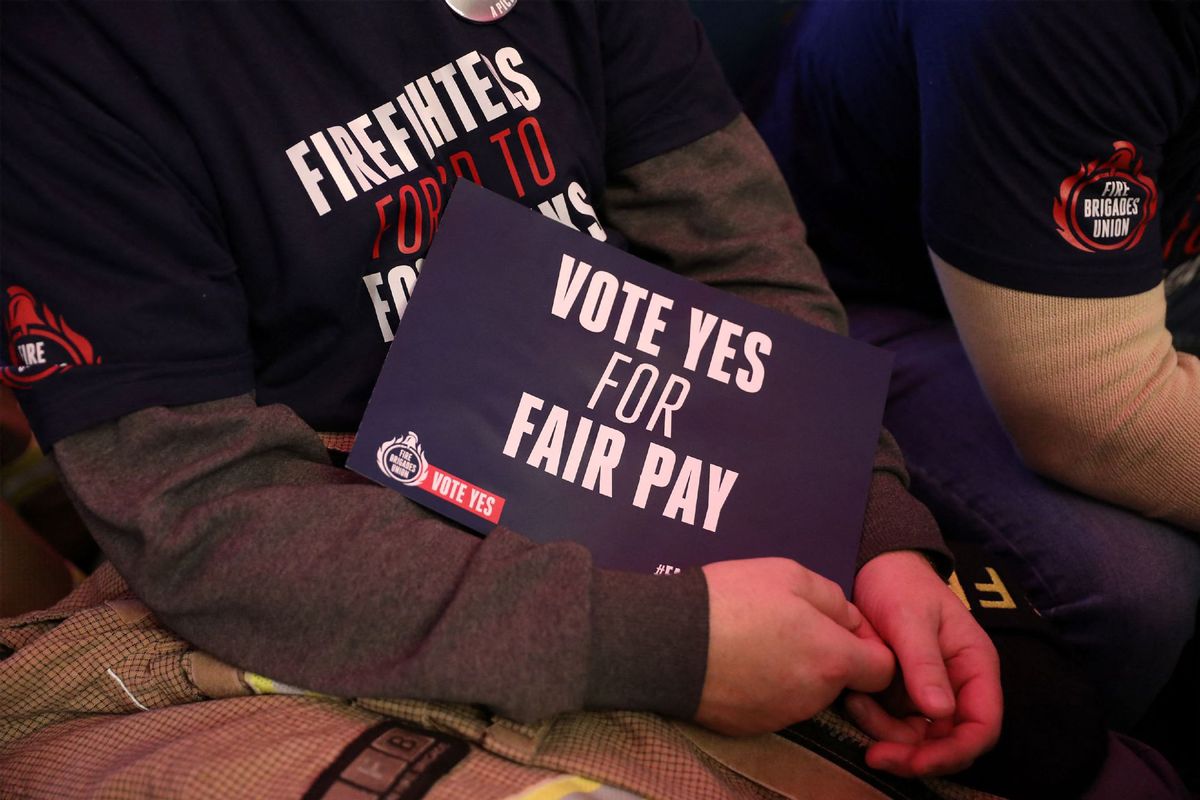Fraught departure from EU shrinks workforce
By JULIAN SHEA | China Daily | Updated: 2023-01-19 07:15

Almost 10 years after then-prime minister David Cameron first raised the prospect of a vote on Britain's membership of the European Union, new figures have revealed that Brexit has cost the country 1 percent of its workforce, causing a recruitment crisis and fueling wage growth at a time when the country is trying to tame inflation.
For many years, freedom of movement gave the British economy a supply of cheap EU labor. But with the Brexit agreement having ended that, the labor market is now feeling the pinch, with around 330,000 fewer workers available.
A study by the independent think tank Centre for European Reform highlighted the fluctuating numbers and changing face of the British labor market, which has been transformed and depleted.
By June, there had been a rise of 130,000 non-EU workers compared to a situation where post-Brexit immigration controls were unaltered, but this was offset by 460,000 fewer EU workers.
"The conditions of the new system, while liberal, are too onerous to compensate for the loss of free movement in low-skilled sectors of the economy, which has led to labor shortages," the study's authors, economists John Springford and Jonathan Portes, said. "Some combination of higher wages and prices and less output is likely, especially in work that is hard to automate."
Annual inflation rose 10.5 percent in the year through December, down from 10.7 percent the previous month, the Office for National Statistics said on Wednesday. Inflation peaked at a 41-year high of 11.1 percent in October.
UK inflation began soaring last year amid sharp price rises worldwide due to supply constraints, partially due to the Russia-Ukraine conflict. The fallout from Brexit has also increased the cost of doing business across a range of sectors.
Official data on Tuesday revealed that average British wages sank 2.6 percent at the end of last year.
The end of January also marks the third anniversary of the United Kingdom formally leaving the EU, and entering a yearlong withdrawal period of negotiations. The toll has been felt differently in different industries, with sectors such as agriculture, construction and hospitality particularly hard hit.
A report in Construction News published in January 2021 said the number of EU-born workers in the industry dropped by more than 25 percent from the third quarter of 2019 to the third quarter of 2020, a situation subsequently made worse by people changing working habits and even careers altogether during the pandemic.
























